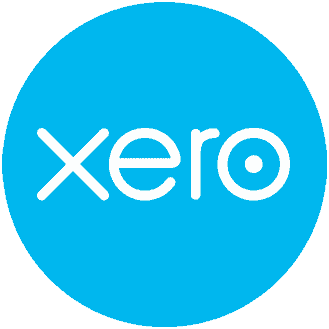Specialist New Zealand Tax Advisory
For Individuals, Businesses And Trustees
Our Services
About NZ Tax Desk
NZ Tax Desk is a boutique tax advisory firm specialising in New Zealand tax issues for individuals, their businesses and Trusts.
Angela Hodges, Founder of NZ Tax Desk, is a specialist tax advisor with over 20 years experience. Over her career she has worked with Big Four and large second-tier firms, as well as advising and training Accountants. Working alongside Angela at NZ Tax Desk are a team of trusted advisors with significant accounting and tax experience.
NZ Tax Desk is passionate about working closely with clients – specialising in R&D, cross border tax issues, property investment, compliance and specialist tax advice for Accountants and Lawyers.
How We Help Our Clients
- Delivering professional and reliable support
- Personalised solutions to help our clients navigate
- With confidence and peace of mind
- Deep understanding of tax laws and regulations
Have any questions?
If you have any questions or need clarification on any matter, please do not hesitate to reach out to us. We'll be more than happy to assist you.





